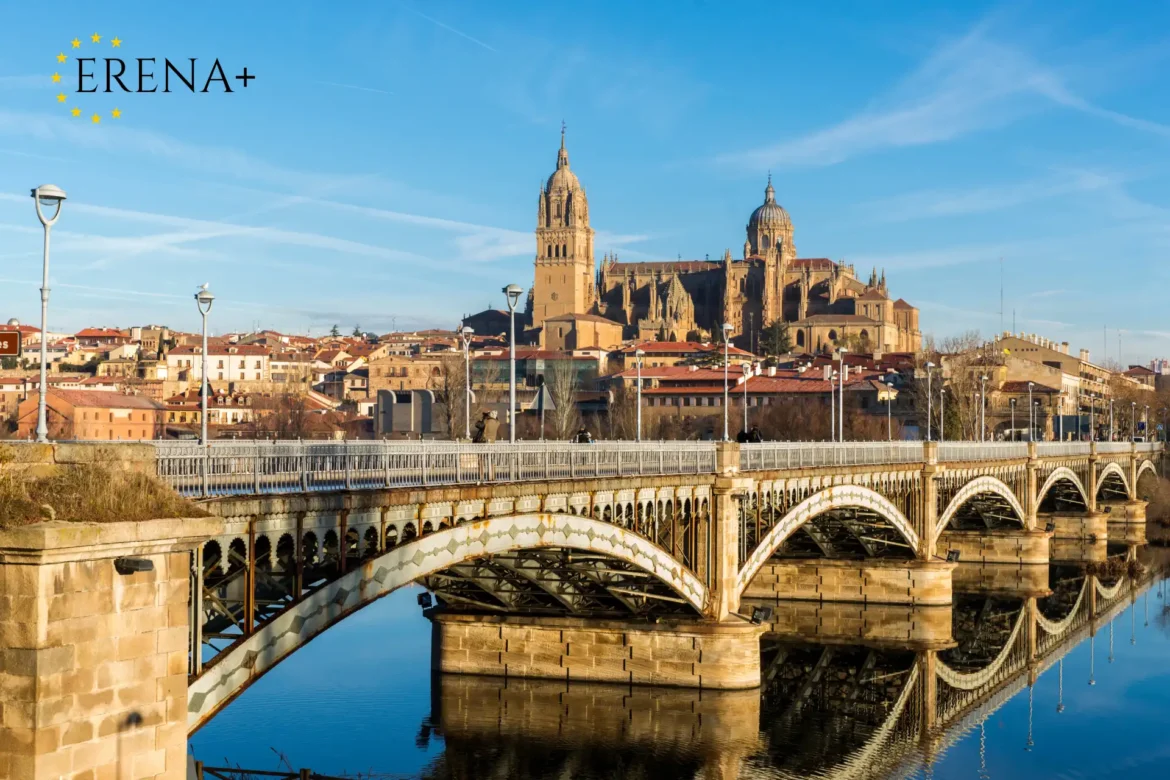Buying property in Spain is a dream for many, whether it’s for a vacation home, rental investment, or even permanent residency. However, navigating the Spanish property law can be tricky, especially for foreigners. This guide will walk you through the legal process, taxes, and key considerations for buying a property in Spain.
1. Who Can Buy Property in Spain?
Spain is open to foreign buyers, but there are some important distinctions based on nationality:
- EU/EEA Citizens: No special restrictions. You can buy property just like Spanish citizens.
- Non-EU Citizens: You can buy property, and if it exceeds €500,000, you may be eligible for the Golden Visa, offering residency rights.
- Foreign Companies: Legal entities can also buy property, following specific regulations.
2. Types of Property Ownership in Spain
There are different types of property ownership in Spain:
- Full Ownership (Plena Propiedad): This is the standard ownership, granting all rights to the property.
- Shared Ownership (Comunidades de Propietarios): Common in apartment buildings, where you share ownership of communal spaces.
- Timeshare (Multipropiedad): This allows you to own the right to use the property for a specific period each year.
3. The Step-by-Step Process of Buying Property
Step 1: Choose a Property
You can search for properties through real estate agents, online platforms, or by visiting your preferred areas in Spain.
Step 2: Obtain an NIE (Número de Identificación de Extranjero)
To buy property in Spain, you need a NIE (foreigner identification number), which you can get at the Spanish police or at a consulate in your home country.
Step 3: Hire a Lawyer
Hiring a Spanish lawyer is highly recommended. They’ll help you:
- Verify property titles
- Ensure the property is free of debts
- Handle legal and contractual matters
Step 4: Sign the Preliminary Agreement (Contrato de Arras)
Once you decide on a property, you’ll sign a preliminary agreement and pay a deposit (typically 10%). This agreement outlines the terms of the sale.
Step 5: Due Diligence
Your lawyer will conduct due diligence to check for any encumbrances, such as mortgages or unpaid taxes, and confirm the property’s legal status.
Step 6: Sign the Deed of Sale (Escritura de Compraventa)
This is the official document that transfers ownership. You’ll sign the escritura before a notary and pay the remaining balance.
Step 7: Pay Taxes and Fees
You’ll need to pay various taxes and fees, including:
- Property Transfer Tax (ITP): Usually between 6-10%, depending on the region.
- Notary Fees: Around 0.5-1% of the property price.
- Registration Fees: For registering the property with the local land registry.
Step 8: Register the Property
Once the deed is signed, the property is registered with the local Registro de la Propiedad (land registry).
4. Key Legal Considerations for Buyers
Property Title and Deeds
Ensure you get a copy of the escritura and check that the title deed is clear of any debts or legal claims.
Town Planning Laws
Before buying, check that the property is not subject to any zoning restrictions or development laws that could affect your use of the property.
Mortgage Availability
Spanish banks offer mortgages to foreigners, typically financing up to 60-70% of the property’s value. Be prepared to provide proof of income and other financial documentation.
5. Ongoing Costs of Property Ownership in Spain
Once you own property in Spain, you’ll be responsible for several ongoing costs:
Taxes:
- IBI (Impuesto sobre Bienes Inmuebles): Annual local property tax, typically 0.4-1.1% of the cadastral value.
- Income Tax on Rentals: If you rent the property, you’ll be taxed on rental income (24% for non-EU citizens, 19% for EU citizens).
- Wealth Tax: Depending on your property’s value, you may be liable for this tax.
Community Fees
If the property is part of a shared community (e.g., apartment block), you’ll pay monthly or annual maintenance fees.
Utilities
You’ll need to pay for utilities such as water, electricity, and waste collection.
6. Selling Property in Spain
If you decide to sell, there are a few things to keep in mind:
- Capital Gains Tax: You’ll be taxed on any profit from the sale (19% for EU citizens, 24% for non-EU citizens).
- Cancel Mortgages: Any outstanding mortgage must be paid off before selling.
- Notary Fees: Similar to the buying process, a notary will be involved in finalizing the sale.
7. Key Considerations for Foreign Buyers
Language Barrier
All legal documents will be in Spanish, so having a bilingual lawyer is crucial to understanding the terms.
Financing
Spanish banks offer mortgages to foreigners, but the terms may differ. It’s important to shop around for the best deal.
Residency and the Golden Visa
Buying property worth over €500,000 may make you eligible for Spain’s Golden Visa program, granting residency rights and the opportunity to live and work in Spain.
Conclusion
Buying property in Spain can be a rewarding experience, whether you’re looking for a vacation home or an investment. By understanding the legal process, taxes, and ongoing costs, you can make a well-informed decision. Always seek professional advice from a lawyer and financial advisor to ensure a smooth purchase process and protect your investment.

